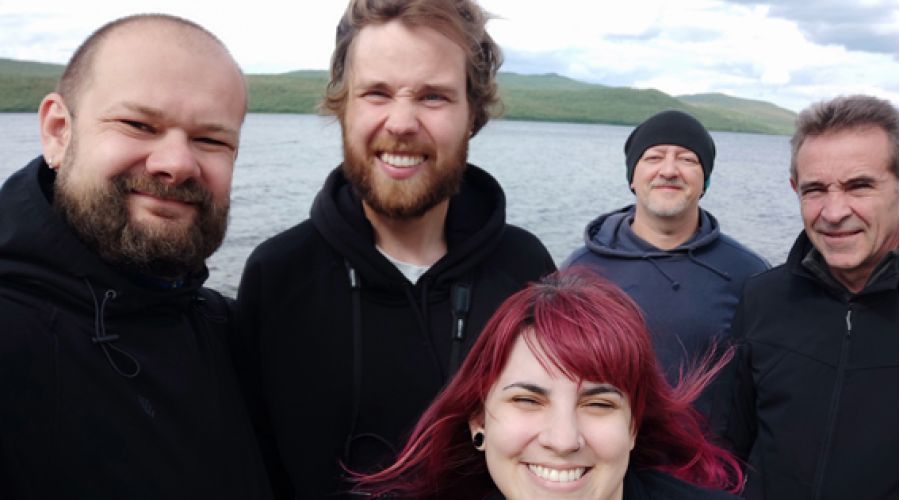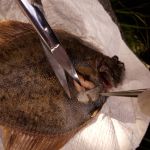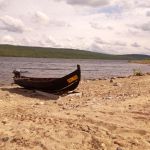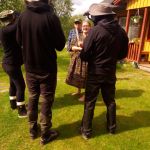Business trip report, Finland

Members of the Laboratory of Physiology of Reproduction, Sergii Boryshpolets, Borys Dzyuba, and Vitaliy Kholodnyy, recently undertook a field expedition to Finland to work with unique populations of European flounder (June, 30 - July, 11, 2024). This expedition was made possible thanks to the support of Erasmus+ and the Faculty of Fisheries and Protection of Waters.
The primary objective of this expedition was to study the European flounder in freshwater lakes and estuaries in North Finland and Norway. Our focus was on understanding the reproductive mechanisms of this species, particularly their adaptation to reproduce in different salinities, which sets the European flounder apart from many other marine species. There is intriguing information suggesting that some populations of flounder in Lapland, particularly in North Finland, might reside in freshwater lakes and even reproduce there. This presents a fascinating and challenging issue for scientific investigation related to the adaptability and functioning of gametes in different environments.
During the expedition, our team engaged in several key activities, including an overview of the local environment, sample collection, and ecological data recording in the fish's natural habitat. Additionally, we had the opportunity to meet with local fishermen, discussing the unique biology and populations of the flounders inhabiting different localities and gaining valuable insights into our research. An essential aspect of this expedition was networking with fellow researchers and experts in marine biology and conservation. This allowed us to engage in hands-on research and establish professional relationships crucial for future collaborations.



